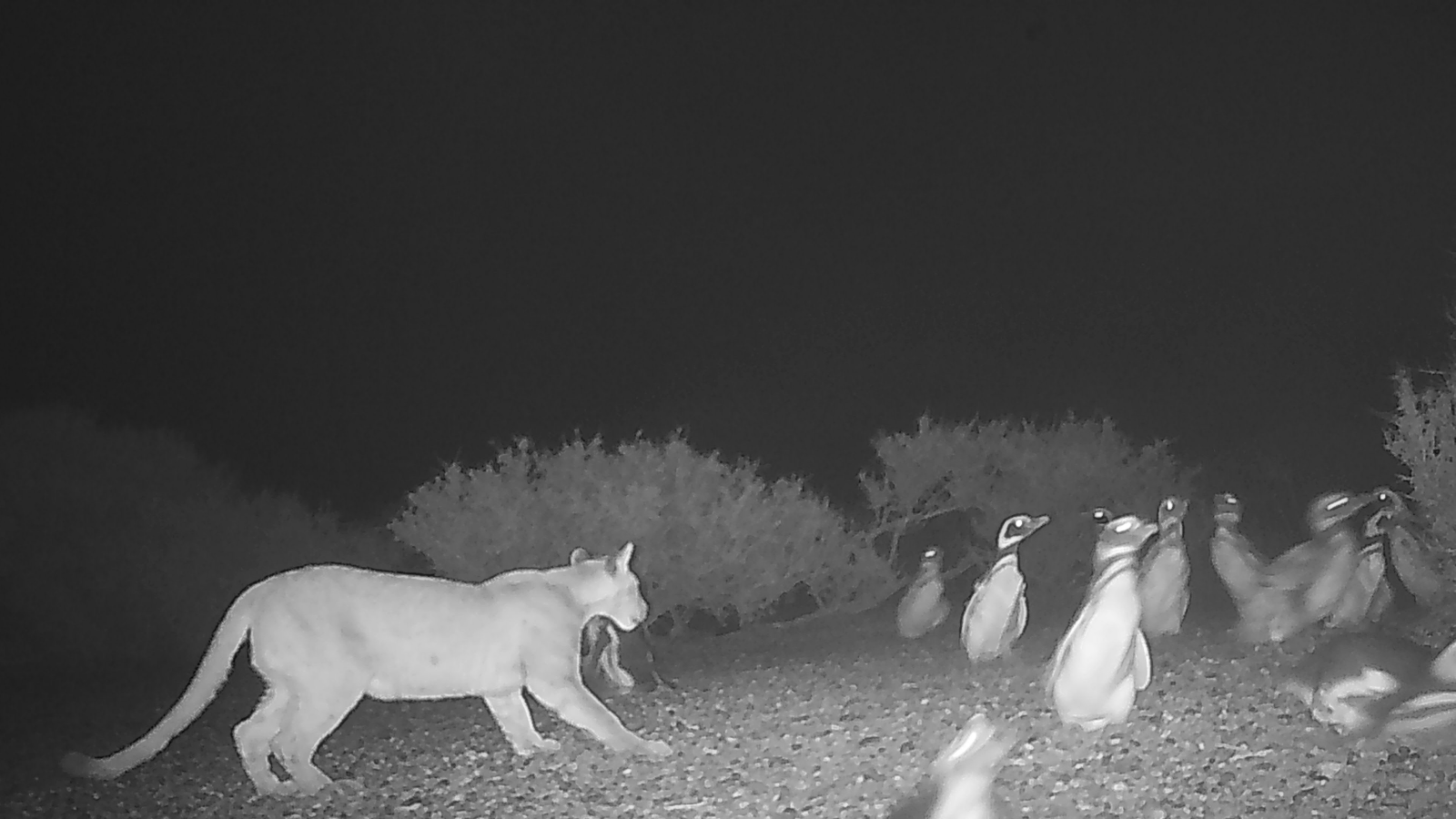Why Does Pepper Make Us Sneeze?
Of all the common kitchen items and certainly those ingredients used in cooking one spice is notorious for causing sneezing fits more than any other. Not salt, not paprika, not nutmeg, but good, old-fashioned pepper. Why pepper?
There are two main reasons why pepper is particularly sneeze-inducing. One reason is that it is often used when finely ground, and like any dust or tiny particle in the air, it can stimulate nerve cells inside the nose and trigger the sneeze reflex to forcefully clear out the offensive particulate.
The second and less obvious reason is the chemical composition of pepper. Pepper, regardless of the variety, contains a chemical called piperine, which gives the plant its distinctive spicy flavor .
"Piperine acts as an irritant if it gets into the nose. It irritates the nerve endings inside the mucous membrane. This stimulation will cause you to sneeze," according to the Library of Congress. The same characteristics that make pepper spicy to the tongue also make pepper irritating to the nose, and the result is sneezing.
Interestingly, nasal irritation is not the only thing that causes sneezing. In people who experience a phenomenon called photo sneeze reflex, bright light or sunlight in the eyes can trigger a sneezing fit.
- Does Your Heart Really Stop When You Sneeze?
- Why Do We See Stars When Sneezing?
- Why Do My Eyes Close When I Sneeze?
Got a question? Email it to Life's Little Mysteries and we'll try to answer it. Due to the volume of questions, we unfortunately can't reply individually, but we will publish answers to the most intriguing questions, so check back soon.
Get the world’s most fascinating discoveries delivered straight to your inbox.




